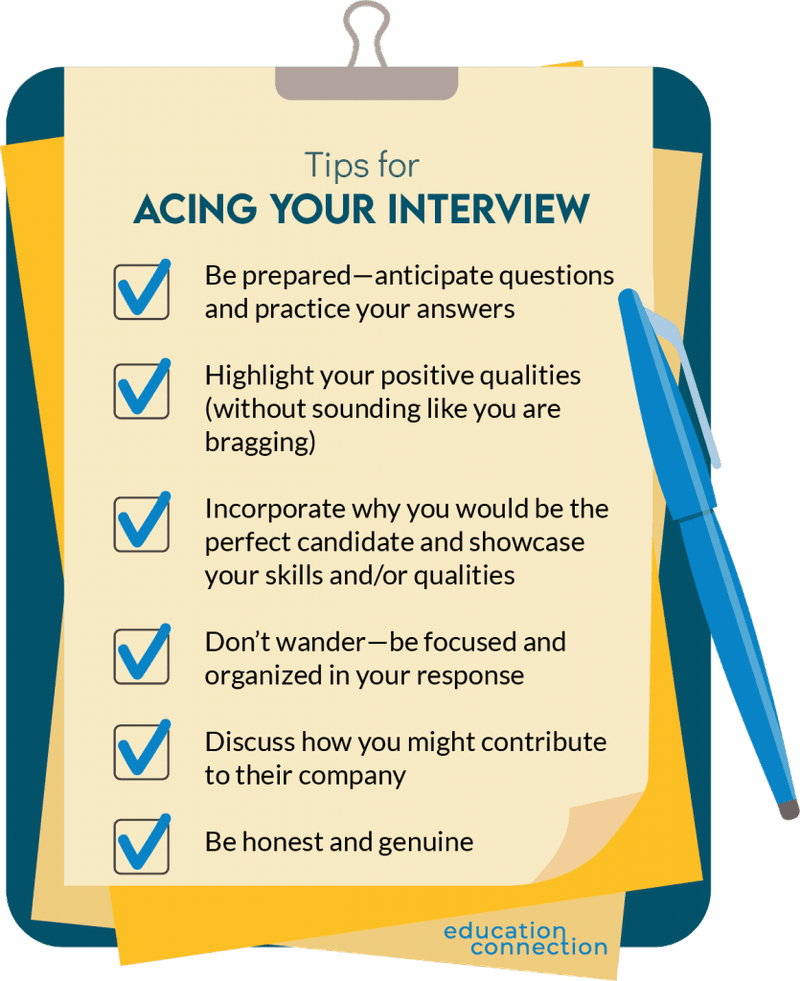Navigating an interview can be a daunting task, especially when speaking with individuals from different generations. While Gen Z often brings fresh perspectives and modern lingo to the table, certain phrases may not resonate well with Baby Boomers. To make a strong impression and bridge the generational gap, it’s essential to be mindful of the language used during interviews. This post explores ten phrases that Gen Z should avoid when interviewing with Baby Boomers, offering alternatives that convey professionalism and clarity.
1. “Like, you know”

“Like, you know,” is often used as a filler in conversations by many younger individuals. While it might seem harmless, it can come across as unprofessional and unsure to Baby Boomers.
This generation values clear and concise communication, so replacing unnecessary fillers with pauses can convey confidence.
Being mindful of speech habits can make a significant difference in how your message is perceived. Instead of relying on fillers, practice pauses to gather your thoughts and articulate your ideas with clarity.
2. “Low-key”

The term “low-key” is frequently used by Gen Z to describe something subtly or moderately. However, in a professional setting with Baby Boomers, it may be perceived as too informal.
Opt for words like “moderately” or “somewhat” to maintain a professional tone.
Understanding the context and audience can help tailor your language to fit the situation. By choosing words that align with the values of Baby Boomers, you can create a more favorable impression.
3. “I don’t know”

Saying “I don’t know” might seem honest, but it can be interpreted as a lack of initiative or interest. Baby Boomers appreciate candidates who show willingness to find solutions.
Instead of giving up, express a readiness to explore or learn. Phrases like “I’ll find out” or “I’m eager to learn more” demonstrate a proactive attitude.
Incorporating this mindset highlights your problem-solving skills and enthusiasm for the opportunity.
4. “Totally”

While “totally” is a common expression of agreement among younger people, it can seem overly casual in an interview with Baby Boomers.
Using terms like “absolutely” or “definitely” can convey the same enthusiasm but with a professional touch.
Adapting your language to suit your audience is key in creating rapport and showing respect for the company’s culture.
5. “No problem”

The phrase “no problem” is often used to acknowledge a request or gratitude. To Baby Boomers, it might imply that something could have been a problem.
Instead, try using “you’re welcome” or “of course.” These alternatives reflect affirmation and a positive attitude.
By understanding generational language differences, you can convey respect and professionalism while reinforcing your willingness to assist.
6. “Just”

Using the word “just” can inadvertently downplay your experience and achievements. Baby Boomers may perceive this as a lack of confidence.
Replace “just” with more assertive language that showcases your contributions. Phrases like “I accomplished” or “I contributed” highlight your strengths and capabilities.
Presenting your skills with confidence can make a lasting impact and demonstrate your readiness for the role.
7. “Honestly”

Beginning a sentence with “honestly” may suggest that previous statements were less truthful. For Baby Boomers, who value integrity, this can raise doubts.
Eliminate the need for such qualifiers by being straightforward from the start. Direct communication builds trust and credibility.
By expressing your thoughts clearly and authentically, you create an environment of mutual respect and understanding.
8. “YOLO”

The acronym “YOLO” (You Only Live Once) may capture a carefree spirit, but it lacks the seriousness often appreciated by Baby Boomers.
In interviews, focus on demonstrating commitment and responsibility. Highlight how you balance ambition with a thoughtful approach.
Choosing language that reflects maturity and foresight can resonate well with a more experienced audience.
9. “Whatever”

The word “whatever” might seem like a casual way to express flexibility, but it can be interpreted as dismissive or indifferent, particularly by Baby Boomers.
Instead, convey openness by saying “I’m open to suggestions” or “I’m flexible.” These phrases demonstrate a cooperative attitude without dismissing the importance of the topic.
Striving for clarity and engagement can foster positive interactions and reflect a genuine interest in collaboration.
10. “Stuff”

The use of “stuff” to describe tasks or responsibilities can appear vague and unprepared. Baby Boomers value specificity and detail in communication.
Clarify your points by providing concrete examples or detailed descriptions. This approach underscores your understanding and preparedness.
By articulating your experience with clarity, you highlight your attention to detail and ability to communicate effectively.

Mother of three and a primary school teacher. I’ve always loved being around children and helping them, so I chose my path as a teacher. It is sometimes hectic with three children, but I am 100 percent into it and wouldn’t change it for anything in the world.

